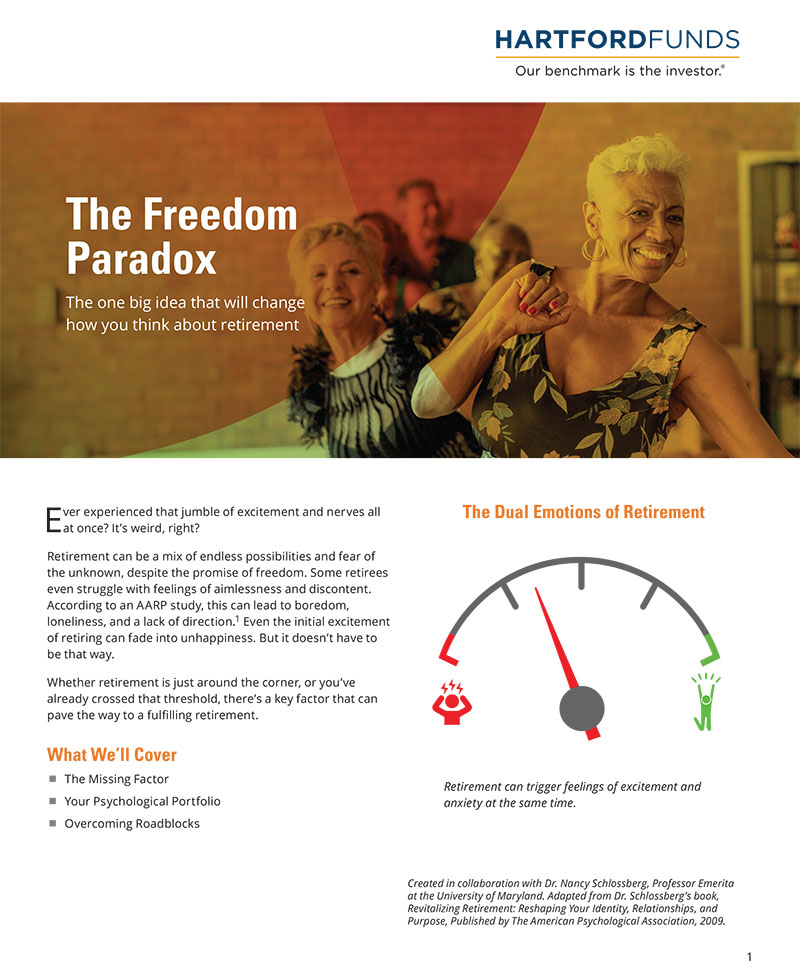Live Solid Interview Questions And Answers
Nancy K. Schlossberg, who has spent most of her career as a professor of counseling psychology, is now taking her learnings to the social space. The author has more than 35 years of academia under her belt, having taught at Howard University and Wayne State in addition to spending 26 years at the University of Maryland, College Park.
Schlossberg has written nine books, including the popular “Retire Smart, Retire Happy” and “Revitalizing Retirement.”
Schlossberg answers Live Solid readers’ questions about life transitions:
Q: After seeing the adjustment some of my family members made when they retired, I’m definitely planning ahead now!
Schlossberg: You are wise to realize that planning ahead for retirement is important. My advice for anyone making a change–either retiring, changing jobs, moving to a new city, or any major transition–is to take account of two things: First, look at your Financial Portfolio with a financial planner or a bank and second, take account of your Psychological Portfolio. What do I mean by that?
Your Psychological Portfolio has three major components: your Identity, your Relationships and your Purpose. With every transition, your identity is challenged. You begin to ask yourself, “Who am I, how do I define myself now that I have, for example, left the work force and returned to school or retired?” Then ask yourself, “How is this transition going to change my relationships? Who will substitute for the relationships I had?” And finally, “How is this change going to influence my purpose?” Possibly, moving to a new city will open up new opportunities for new relationships; a new job might give you a renewed sense of purpose.
The bottom line: Planning ahead for any major transition includes considering both financial and the psychological consequences. If you start using these tools now–thinking of potential changes in your identity, relationships and purpose–when you retire you will be an expert at change.
Q: I would love some advice on how to help my aunt transition. She is very quiet and not very out-going and now that she has retired, she doesn’t get out much. Any thoughts on how I could get her involved in community activities would be great!
Schlossberg: Thanks for raising such an important question. I interviewed a number of young people about how they engaged their retired family members. Some examples: one nephew took his uncle to a senior baseball league game because he remembered his uncle loved baseball as a young man; one woman hired her mother as a part-time assistant in her PR firm. These are merely examples, and each situation is unique.
I suggest you plan a series of Activity Adventures. You need to figure out what your aunt used to like, and what activities she never had the time to pursue. That can be your clue to find the hook that will engage her in life. Some examples, you might find a great senior center–go there; you might find an inviting knitting shop, take her for lessons; she might enjoy dance lessons. In other words, try different activities and make it a day together. Hopefully, she will be attracted to one and then she will be able to pursue that herself.


